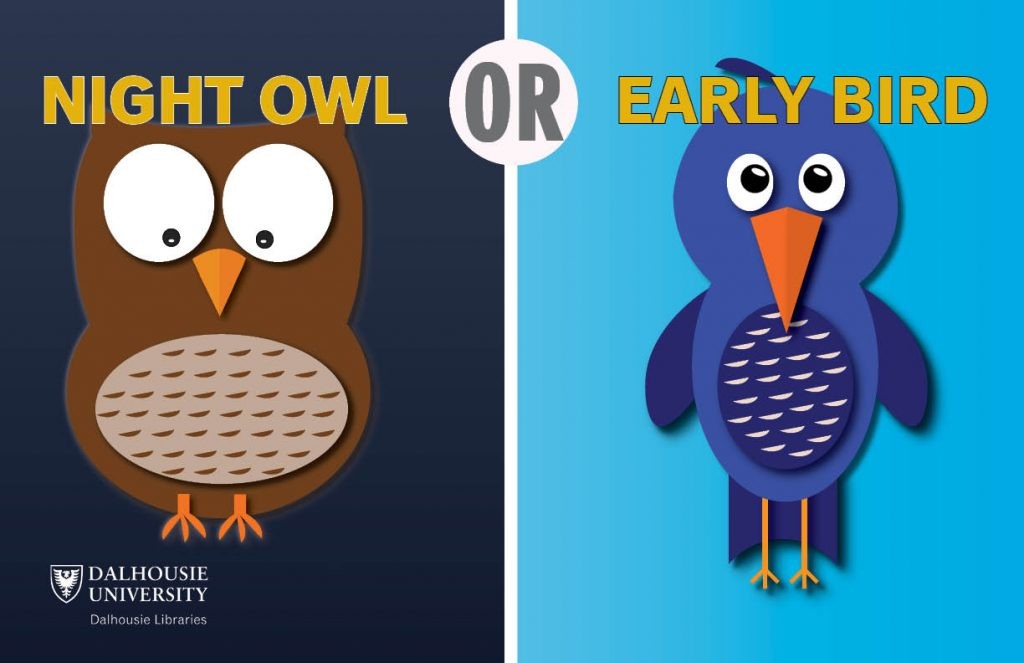Asthma, Allergies and Poor Sleep Habits of Teenagers
Last weekend was a busy time in our home. We had a BBQ dinner to celebrate my dad's birthday. It was our 11th wedding anniversary. And we got a new puppy.
The puppy is a 9 week old labradoodle and sure is cute. She did really well during her first day and made it through most of the night. It wasn't until 4 am when she started whimpering a little bit.
This was only 30 minutes before I normally wake up but it sure felt early. And combined with how busy the previous weekend was it caught up to me quickly. Tonight I'll be looking to get to bed early and get things back on track.
And a study I recently came across reminded me of the value of sleep.
The 2018 study looked at almost 1700 teenagers of 13-14 years living in India and the connection of sleep to allergies and asthma. They asked the teens if they had any respiratory problems or difficulty breathing as well as if they had any nasal allergies such as runny nose or coughing.
Along with this they also asked the teens what time they felt tired at night, when they woke up and if they felt tired in the morning. Knowing this they could assign the teens a chronotype such as "morning type", "evening type" or an "intermediate type".
Aim to be an early bird for better health.
What they found is that evening types were 3 times more likely to develop asthma and 2 times as likely to develop a nasal allergy.
These results are even more interesting as the researchers took into account where the teens lived and which ones had smokers or pets in the family. Even when these factors were accounted for they still saw these results.
While the researchers can't say staying up late causes asthma they do know it disrupts levels of melatonin in the body and affects the allergic response.
The take home message is to put the devices away at least an hour before bed and get to bed earlier rather than later. Early birds get the worms. And early types help avoid getting asthma and allergies.
Reference
Bhattacharjee, S., Haldar, P., Maity, S. G., Debnath, S., Moitra, S., Saha, S., & Moitra, S. (2018). Prevalence and Risk Factors of Asthma and Allergy-Related Diseases among Adolescents (PERFORMANCE) study: rationale and methods. ERJ open research, 4(2), 00034-2018.
When you subscribe to the blog, we will send you an e-mail when there are new updates on the site so you wouldn't miss them.

Comments